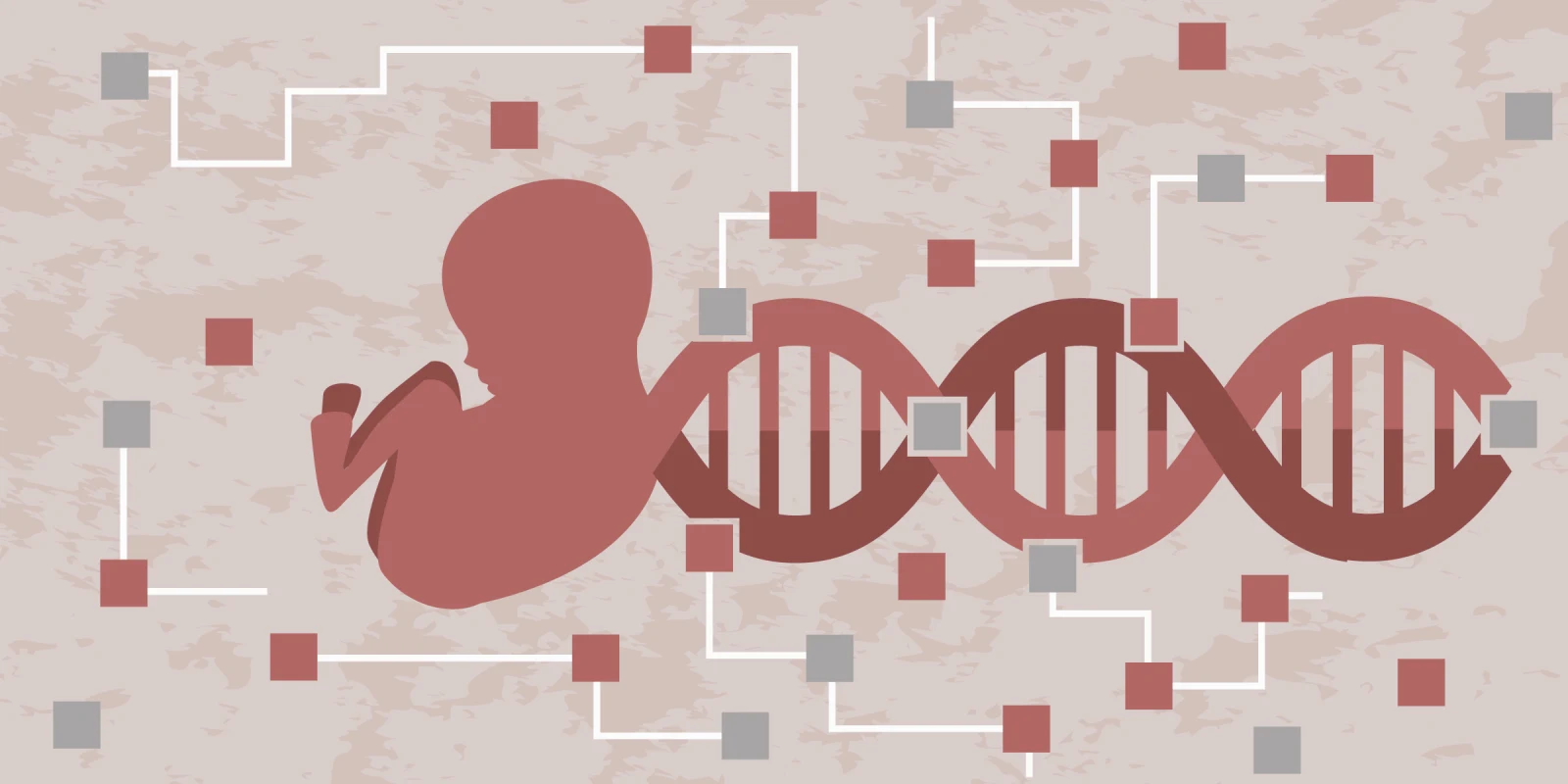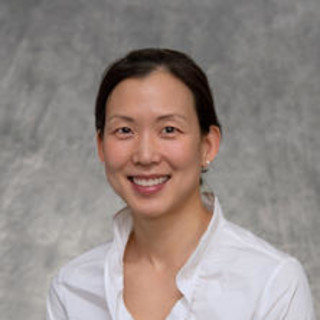For 54 years, Dani Shapiro unknowingly lived with a secret, a secret that precipitously was revealed through home genetic testing. Believing herself to be the daughter of two Ashkenazi Jews, she was devastated on discovering that she is only about one-half Ashkenazi Jewish, with about 50% of her genetic makeup closer to that of English and Irish kindreds. In retrospect, Shapiro reflected that her blonde appearance was a clue throughout her childhood, during which many commented that she did not look Jewish. She relates that when she was a child, a Holocaust survivor patted her head, telling her that she would have been useful in the concentration camps as someone who could get bread from the Germans. This thread of unbelonging, based on her appearance alone, gave her a sense of latent disquiet, of blaming herself for something unknown.
Dani Shapiro touched on a 36-hour whirlwind of investigation that resulted in her finding her biological father, her own parents having gone to the grave with the secret of her paternity. She shares that there was a practice of mixing sperm of a donor with paternal sperm during certain artificial insemination procedures – a practice that potential parents would consent to but also vow to hold in secret from all others, including their own physicians. She mentions learning about her biological father, a physician, and — she says herself that this stuff can’t be made up — a medical ethicist who donated sperm as a medical student.
Ultimately, the diagnosis given to her through genetic testing was a blessing, one that has allowed her to embrace the three individuals that brought her into being, her mother, her biological father, and the father of her heart. She relayed her story to educate us on the importance of knowing one’s own story and being able to fully embrace their identity. As physicians, it is good for us to be reminded of the reach of the genetic tools that are out there today, to be cognizant of the power of a diagnosis, and to recognize how life-changing certain testing procedures can be.
As dermatology continues to embrace diversity and inclusion, stories like that of Dani Shapiro remind us that belonging is subjective, and one can feel out of place even in one’s own family. The reasons for this may be hidden for a lifetime, and through hearing others’ stories and vulnerabilities, we can start to better understand our connections with others and make them stronger.







